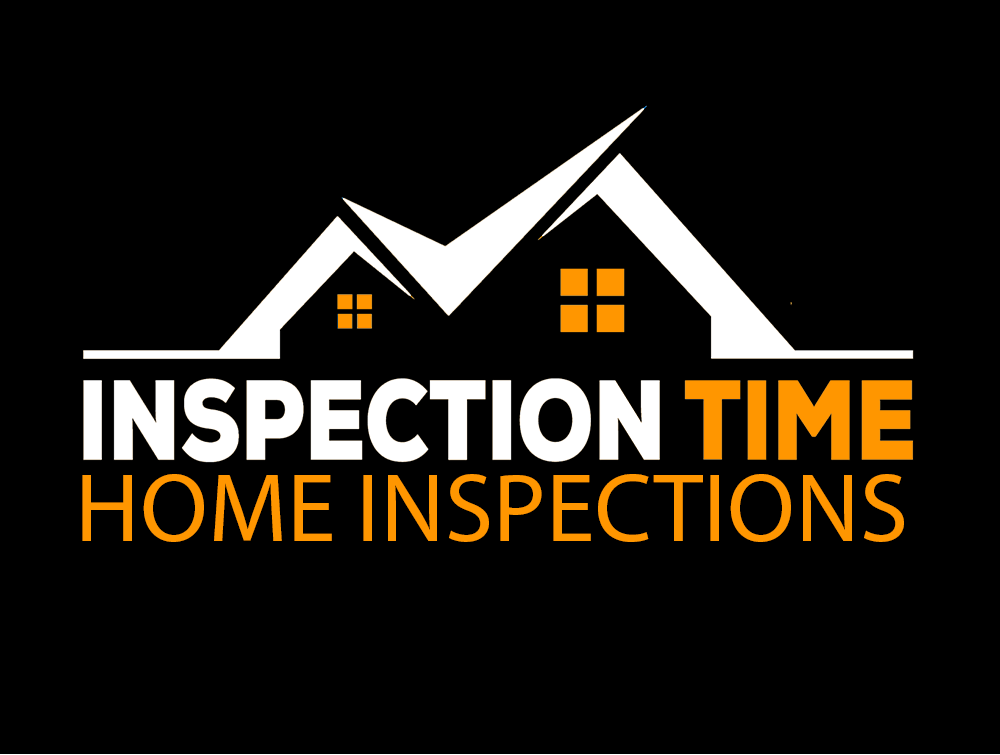Introduction
Home inspections play a pivotal role in the real estate transaction process, acting as a safeguard for both buyers and sellers. They provide an in-depth analysis of a property’s condition, allowing potential homeowners to make informed decisions. This article delves into the significance of home inspections, the benefits they offer, common issues that might be uncovered, and tips for selecting the right inspector. Understanding these elements is essential for anyone considering a home purchase, as it can prevent unforeseen expenses and ensure a satisfactory living environment. new construction home inspections

Benefits of Home Inspections
One of the primary benefits of a home inspection is financial protection. By identifying critical issues before closing the deal, buyers can avoid future expenses that may arise from hidden defects. For instance, the cost of repairing a leaky roof or replacing an outdated electrical system can run into thousands of dollars. A thorough inspection provides a transparent view of a property’s condition, helping buyers allocate their budget wisely and negotiate repairs or price adjustments with sellers. certified home inspections
Additionally, home inspections can result in long-term savings. Understanding the current state of a home allows buyers to plan for future upgrades or maintenance, potentially extending the life of critical systems. This foresight can significantly enhance the overall value of a property over time, ensuring that investments remain intact.
Identifying Potential Problems
Home inspections serve to uncover potential problems that may not be immediately visible during a casual walkthrough. Inspectors have a trained eye for detail, capable of identifying issues related to structure, systems, and safety standards that might escape a layperson’s notice. For example, hidden mold, outdated plumbing, or compromised foundations may be detected, giving buyers an opportunity to address these concerns before they escalate. home team inspections
Furthermore, recognizing these problems early allows for informed decision-making. Whether it involves negotiating repairs with the seller or deciding against a purchase, knowledge is power. Buyers who are aware of what lies beneath the surface can negotiate better terms or, in some cases, walk away from a deal that would ultimately lead to financial distress.
Negotiation Leverage
Home inspections provide critical leverage in negotiations between buyers and sellers. If an inspection reveals significant issues, buyers can request repairs, a reduction in the selling price, or even withdraw their offer altogether. This leverage can save buyers significant amounts of money or ensure that necessary repairs are addressed before they take ownership of the property.
Additionally, sellers can benefit from pre-listing inspections, as they can identify and remediate issues before the property goes on the market. This proactive approach can lead to a smoother transaction and increased buyer confidence, potentially leading to quicker sales and higher offers.
Peace of Mind for Homebuyers
Investing in a home is one of the most significant financial commitments many individuals will make in their lifetimes. Home inspections offer peace of mind by ensuring that buyers understand what they are purchasing. Knowing that a qualified professional has evaluated the property’s condition reduces anxiety surrounding the transaction and allows buyers to proceed with confidence.
Peace of mind extends beyond the purchase process; it continues as homeowners settle into their new residence. With the assurance that the home is safe and sound, individuals can focus on building their lives and memories without the looming concern of undiscovered issues.
Common Issues Found During Inspections
Structural Concerns
One of the major areas of concern during a home inspection is the structural integrity of the property. Inspectors evaluate the foundation, walls, and overall framework for signs of damage or wear. Common issues include cracks in the foundation, sagging beams, or signs of water damage. These problems can indicate significant structural issues that may require extensive repairs, making it imperative for buyers to be aware of these factors before finalizing their purchase.
Addressing structural concerns early can prevent escalation and protect the overall value of the home. Buyers should be prepared to either negotiate repairs with the seller or budget for these fixes in their financial planning.
Electrical System Deficiencies
Electrical systems are vital for a home’s functionality and safety. Inspections often reveal outdated wiring, improper installations, or inadequate electrical panels. Such deficiencies can pose safety hazards, including fire risks. Identifying these issues during inspections allows buyers to prioritize necessary upgrades and ensure they comply with current safety standards.
Ensuring a home’s electrical system is up to code not only provides safety but also impacts future resale value. Buyers should consider having a licensed electrician evaluate any issues highlighted during the inspection to gain a comprehensive understanding of the required repairs.
Plumbing Problems
Plumbing issues can range from minor leaks to significant system failures. A home inspection typically includes assessments of pipes, fixtures, and water heaters. Common findings include corroded pipes, outdated plumbing systems, or signs of water damage from leaks. Buyers should take these findings seriously, as plumbing repairs can be both costly and disruptive.
Understanding the condition of a home’s plumbing system can aid in negotiations and budgeting for future repairs. Homebuyers may also wish to consult a plumber for a detailed assessment if serious issues are flagged during the initial inspection.
Pest Infestations
Pests can pose significant threats to the structural integrity of a home and the health of its inhabitants. Home inspections often include evaluations for signs of infestations, such as termites, rodents, or other pests. Identifying these issues early can prevent costly damage and health risks associated with infestations.
Buyers should request pest inspections if they suspect any issues or if the home inspection reveals potential problems. Addressing pest infestations before moving in can save homeowners from extensive damage and costly extermination services in the future.
Roofing Issues
The roof is one of the most critical components of a home, protecting against weather elements and safeguarding the interior. Home inspections often identify roofing issues like missing shingles, leaks, or structural deterioration. These problems can lead to significant water damage and increased repair costs if left unaddressed.
Buyers should pay close attention to roofing assessments during inspections, as replacement or repair can be substantial investments. Understanding the age and condition of a roof helps in planning for future maintenance or potential replacements.
Qualifications and Certifications
Choosing the right home inspector is crucial to ensuring a thorough and accurate assessment. Buyers should seek inspectors with the appropriate qualifications and certifications. Many states require inspectors to complete a specific number of training hours and pass exams to obtain licensure. Additionally, many inspectors hold certifications from recognized organizations, reflecting their commitment to professional standards.
Verifying an inspector’s credentials is essential. Buyers should inquire about the inspector’s training, certifications, and any specialized training relevant to the type of property being evaluated. This ensures that the inspector possesses the knowledge and skills necessary to perform a comprehensive evaluation.
Experience and Reputation
Experience plays a significant role in the effectiveness of a home inspector. Buyers should consider the inspector’s years in the field and their familiarity with the specific type of property being evaluated. An inspector with extensive experience is likely to recognize potential issues and provide insightful recommendations.
Moreover, researching an inspector’s reputation is essential. Reading online reviews, seeking referrals from friends or family, and checking ratings from professional associations can help buyers gauge an inspector’s reliability and thoroughness.
Sample Reports and Services Offered
Before hiring a home inspector, buyers should request sample inspection reports to understand the level of detail provided. A comprehensive inspection report should outline findings clearly, include photographs, and offer recommendations for repairs or further evaluations.
Additionally, understanding the range of services offered is essential. Some inspectors may provide additional services such as radon testing, mold assessments, or sewer line inspections. Choosing an inspector who offers these services can streamline the process and provide a more comprehensive evaluation of the property.
Questions to Ask an Inspector
Buyers should come prepared with questions when interviewing potential inspectors. Inquiring about their experience with similar properties, the inspection process, and any potential limitations can provide clarity. Other important questions include the estimated duration of the inspection, availability for follow-up questions, and how they handle findings that require further investigation.
These discussions can help buyers assess whether the inspector is a good fit for their needs and ensure a comprehensive evaluation of the property.
Conclusion
In summary, home inspections are an indispensable part of the home buying process, offering myriad benefits including financial protection, identification of potential problems, negotiation leverage, and peace of mind. By understanding common issues found during inspections and knowing how to choose the right inspector, buyers can make informed decisions that protect their investment and ensure a safe living environment.
As the real estate market continues to evolve, the importance of thorough inspections cannot be overstated. Buyers should prioritize this essential step to safeguard their investments and pave the way for a successful homeownership journey.
FAQs
What is a home inspection?
A home inspection is a thorough examination of a property’s condition, typically conducted by a licensed professional. It assesses various aspects of the home, including structural integrity, electrical and plumbing systems, roofing, and potential pest infestations.
How long does a home inspection take?
The duration of a home inspection varies depending on the size and condition of the property. Typically, inspections can take anywhere from two to four hours. Larger or more complex properties may require additional time.
Who pays for the home inspection?
Generally, the buyer is responsible for paying for the home inspection. However, in some cases, sellers may choose to offer a home inspection as part of the sales process to provide transparency about the property’s condition.
When should I get a home inspection?
It is advisable to schedule a home inspection after an offer has been accepted but before closing on the property. This timing allows buyers to identify any concerns that may need to be addressed before finalizing the purchase.
Can a home inspection guarantee there are no issues with the property?
No, a home inspection cannot guarantee that there will be no issues with the property in the future. However, it aims to identify existing problems and provide buyers with a clearer understanding of the property’s condition at the time of inspection.


